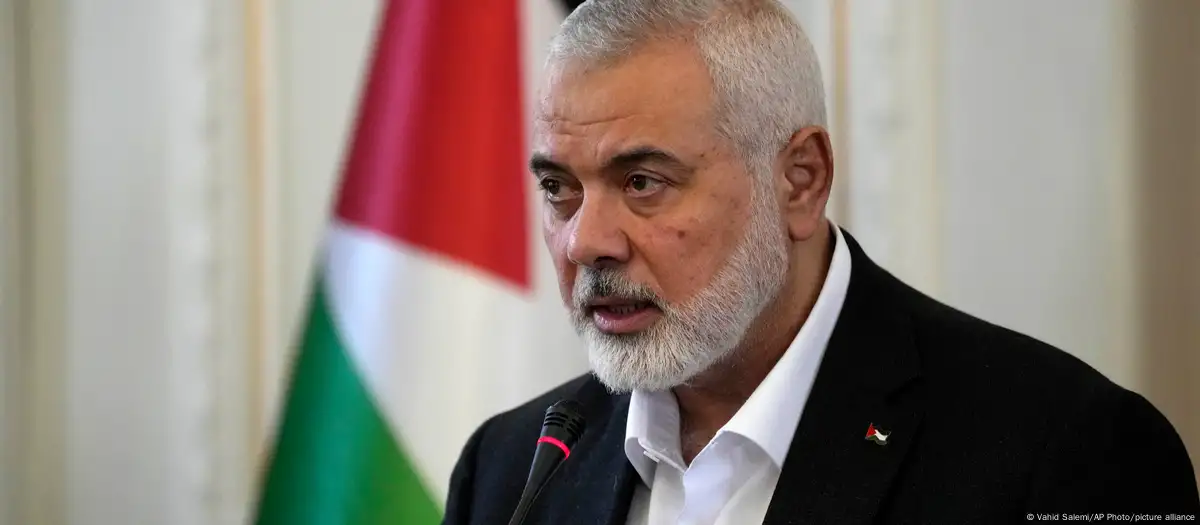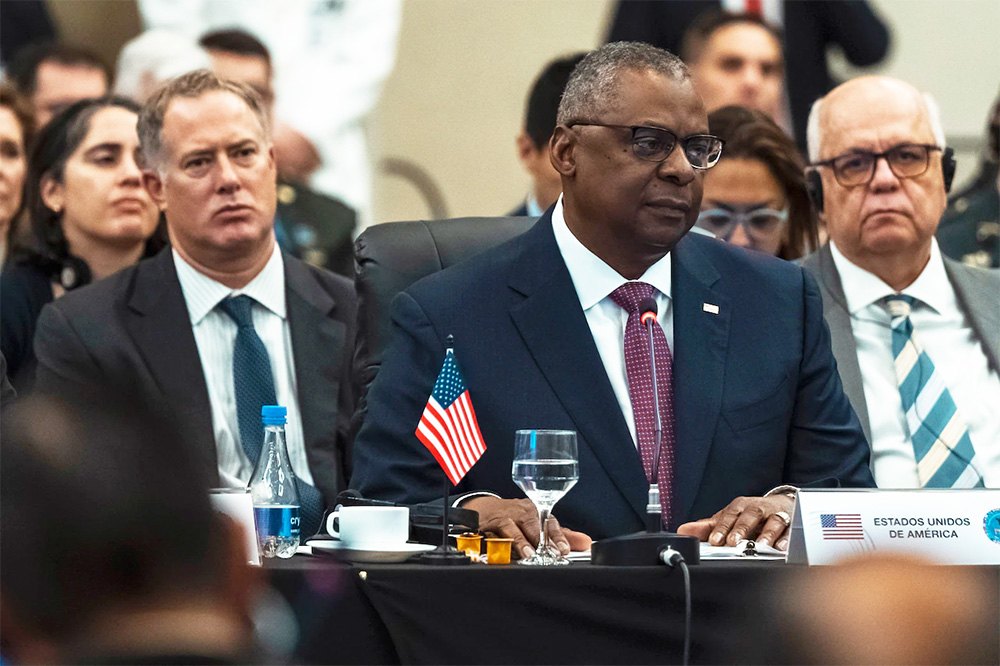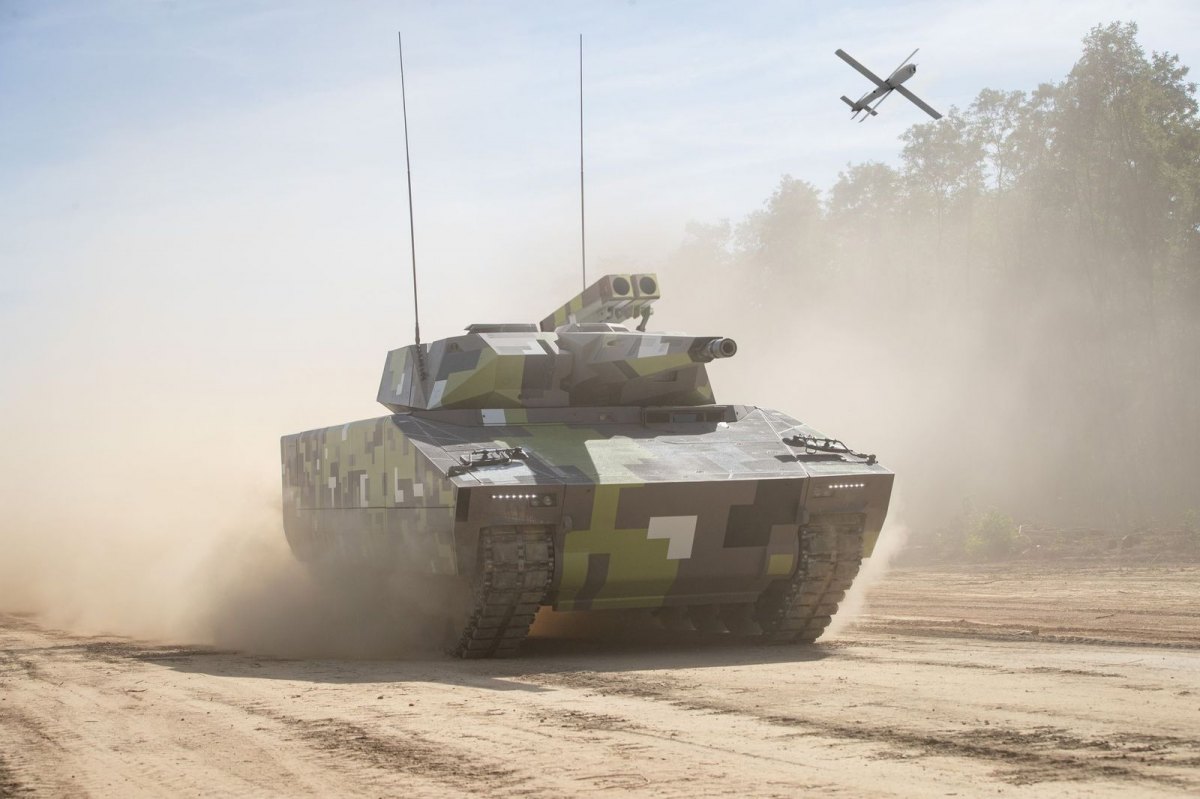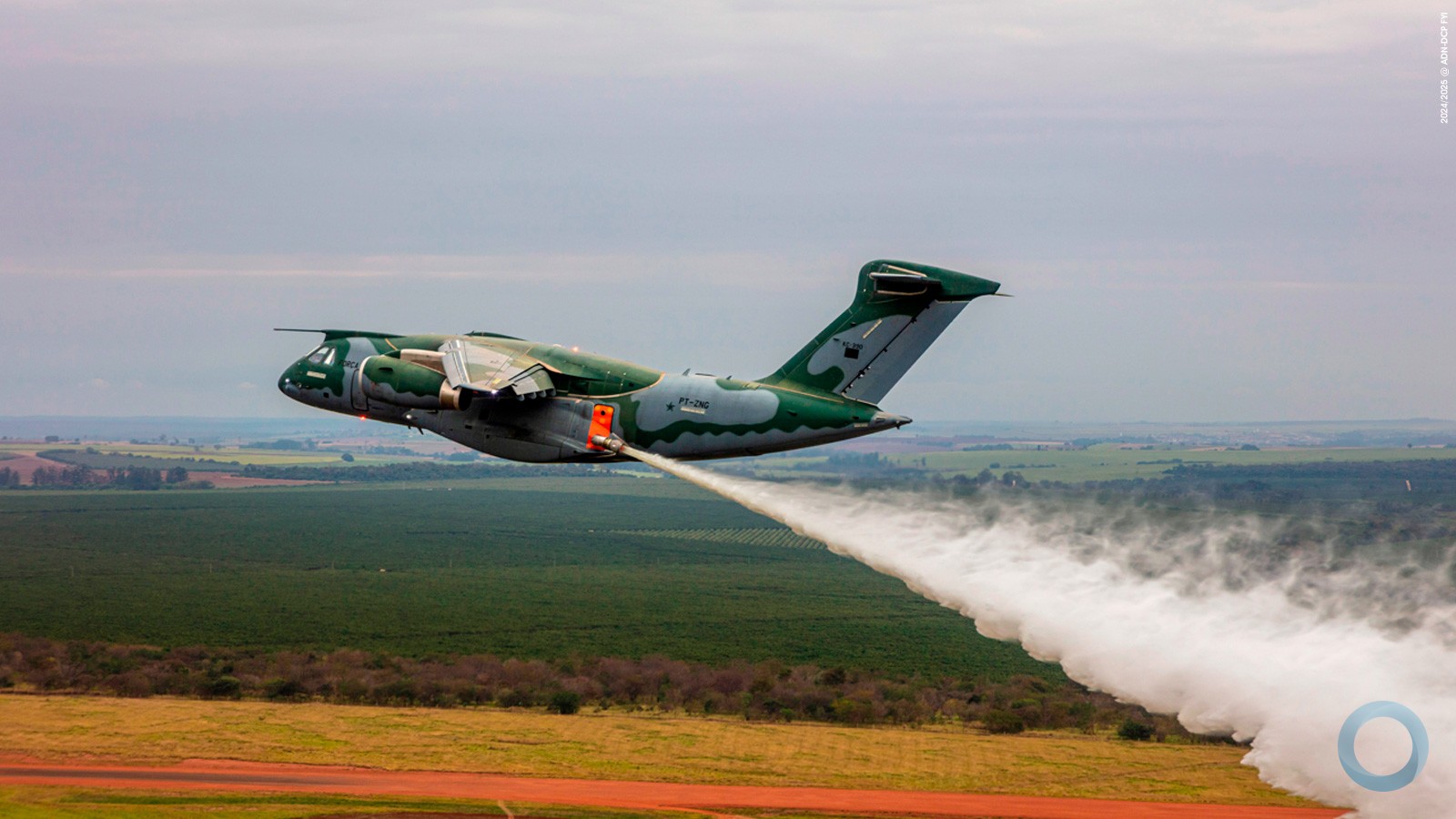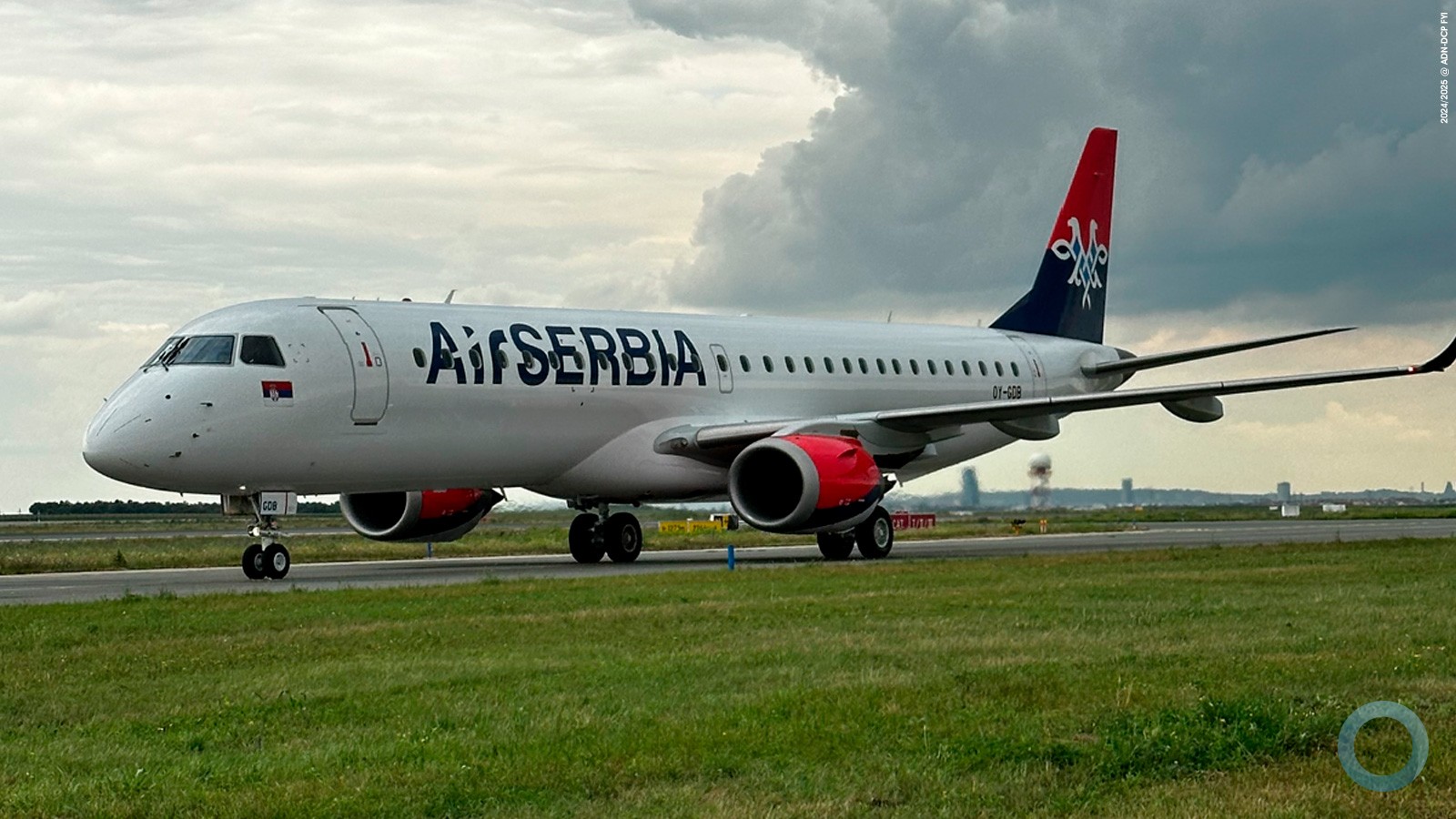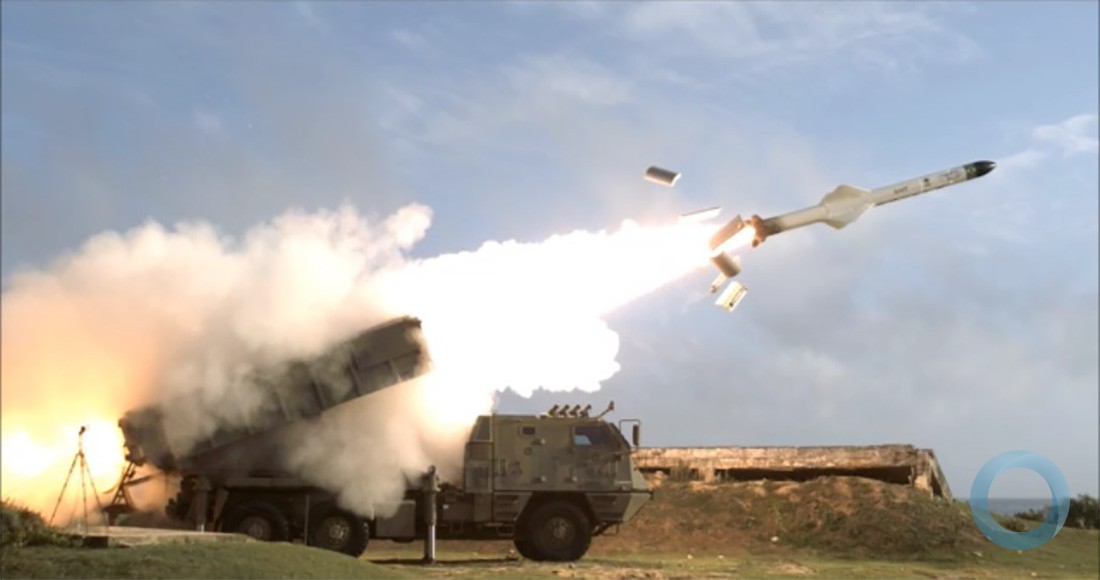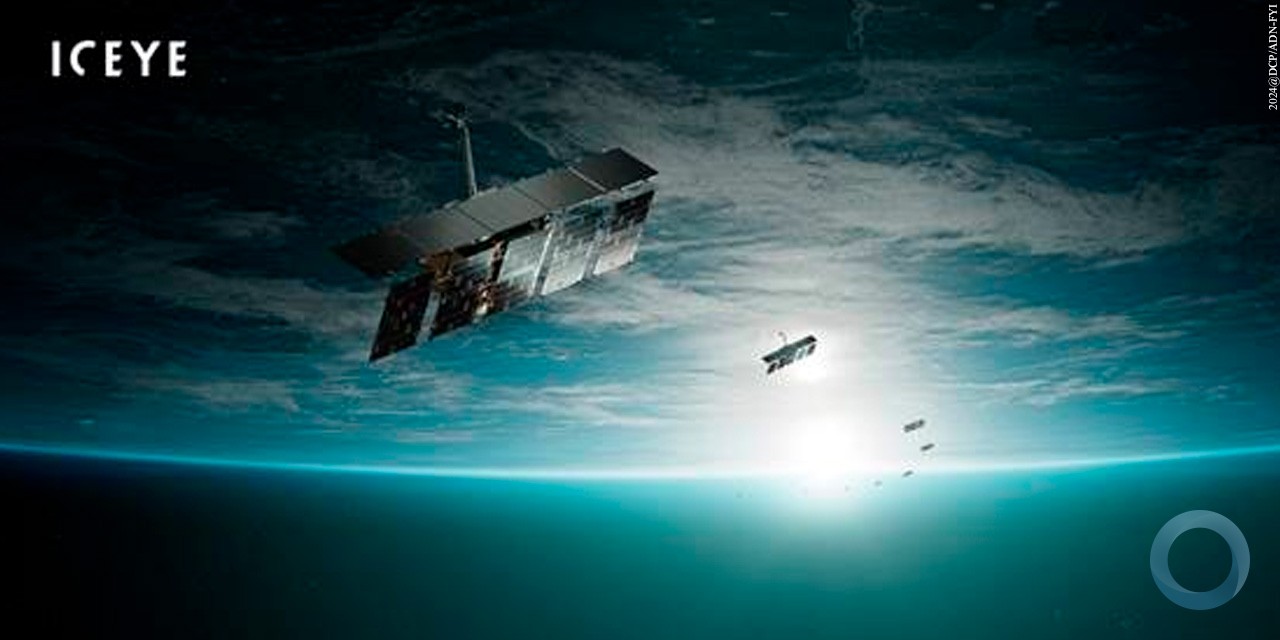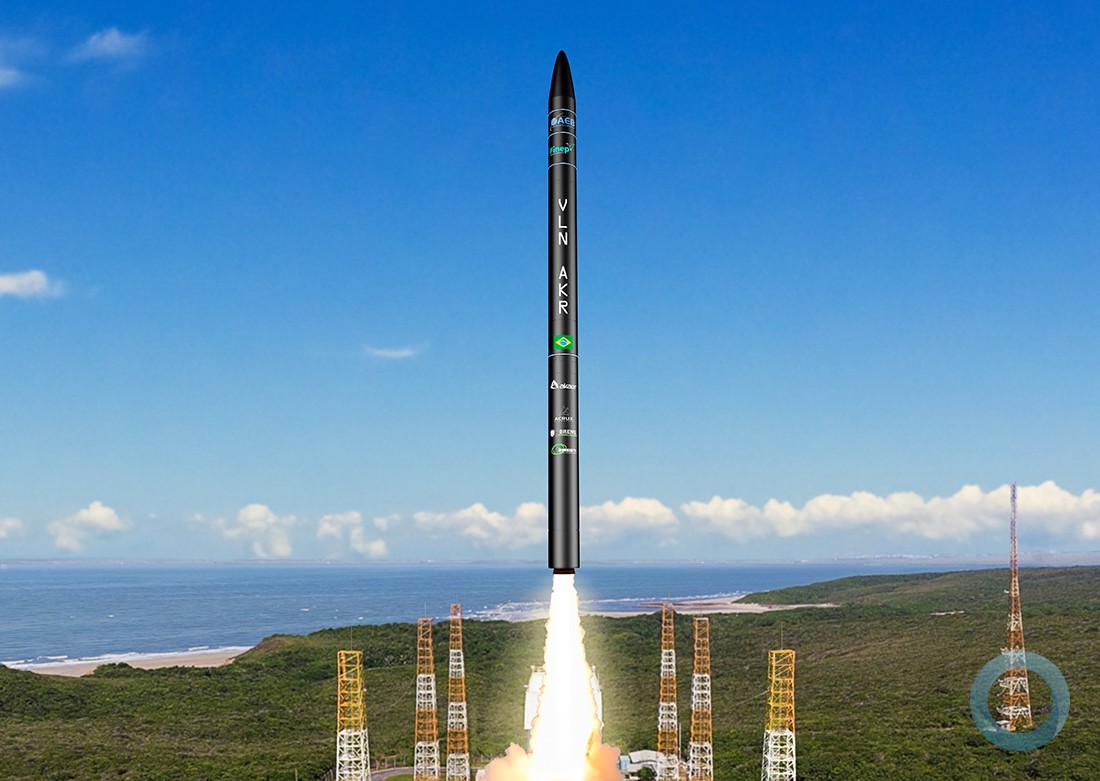Andréa Barretto
The corvette class Barroso is continuing the Brazilian Navy’s participation in the Maritime Task Force (MTF) in the United Nations Interim Mission in Lebanon (UNIFIL).
The vessel assumed its role as the flagship for the peace mission on September 14, replacing the Brazilian frigate União, which had spent six months in Lebanon. But before arriving at its destination, the ship and its crew faced an unexpected and dramatic challenge on September 4: rescuing 220 refugees of different nationalities whose boat was in danger of sinking in the Mediterranean Sea near the coast of Sicily, Italy.
“Approximately 30 minutes passed between the time we received the order to change course and the time we actually found the boat,” said Commander Alexandre Amendoeira Nunes, the Barroso’s commanding officer. “At that point, we focused on the mission of rescuing the children, women, and men.”
The crew provided medical attention and food to the refugees on the Barroso’s flight deck before delivering them to the Italian port of Catania the next day.
“[However], the decisive factor [for the rescue’s success] was the enormous will to live of all 220 persons, who decided to risk death at sea rather than remain in their land, where their opportunities are continually decreasing due to the adversities of war,” Cmdr. Amendoeira added. “A ship, upon being chosen for a mission like UNIFIL, goes through a process of selecting and training the crew. This leads to training for the ship in relevant topics and, primarily, the crew receives training in many skills, which ensures that we can perform different maneuvers during operations at sea. This worked very well.”
Patrolling the coast of Lebanon
After rescuing the refugees, the Barroso turned to its next mission with UNIFIL, which was established in 1978 by the United Nations (UN) Security Council to assist in the withdrawal of Israeli forces from southern Lebanon, return peace and international security to the region, and help the Lebanese government re-establish its authority. In 2006, after the Second Lebanon War, the UN expanded the mission’s mandate and reinforced it with the creation of the MTF.
Brazil began participating in the MTF in 2011, when it also assumed command of the task force. The Barroso is among seven ships that currently make up the UNIFIL MTF, and it’s the fourth Brazilian ship to participate in the mission, following the frigates Constituição, Liberal, and União.
In addition to the Barroso, the MTF consists of two Bengali vessels, one from Germany, one from Indonesia, one from Turkey, and one from Greece, as the vessels collectively house 858 service members. They’re under the leadership of Brazilian Rear Admiral Flávio Macedo Brasil, who has headed maritime interdiction tasks along the coast of Lebanon and training for the Lebanese Navy, thus fulfilling the two objectives of UNIFIL MTF.
Three of the fleet’s ships continuously patrol Lebanon’s entire coast – nearly 13,000 square kilometers – at a distance of 83 kilometers from land, Rear Adm. Brasil said.
Training the Lebanese Navy
MTF vessels and their crews train the Lebanese Navy by conducting theory classes, which take place on land, and through practical activities on MTF or Lebanese Navy ships.
“We conduct joint trainings where the ships of the Lebanese Navy fire their weapons and we fire ours,” Rear Adm. Brasil said. “Also, due to the technological complexity of our weapons and systems, which demand extensive qualifications to operate, Lebanese Navy service members participate in our firing exercises aboard the Barroso simply as observers.”
The Barroso is outfitted with a missile, a cannon with a range of 22 kilometers, an anti-aircraft cannon, and MK-46 torpedo launchers. In addition to carrying an aircraft to transport weapons and act as an extension of the ship’s sensors, the Barroso features small-caliber weapons.
“They are .50 machine guns, suitable for reacting proportionately to threats presented by small ships that penetrate the ship’s security perimeter,” Rear Adm. Brasil added.






